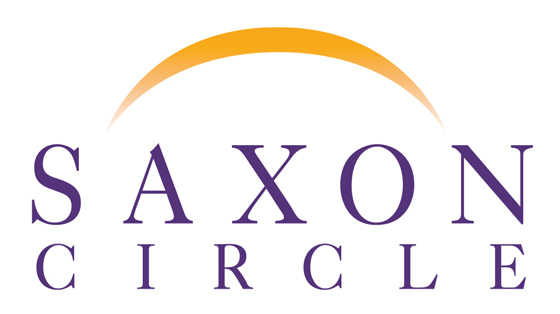Ways To Give
Give Now!
The generosity of Alfred University alumni, parents and friends benefits the University today and propels us toward an even greater future.
Every gift to AU impacts our students - energizing campus, supporting close student-faculty collaborations, promoting leadership development, providing study-abroad opportunities and preparing students for life after college.
 All gifts to Alfred University make a lasting impact on the daily lives of our students. But certain gifts make a statement, which is why leadership giving is so important.
All gifts to Alfred University make a lasting impact on the daily lives of our students. But certain gifts make a statement, which is why leadership giving is so important.
 The Alfred Fund lets donors of all levels strengthen the student experience, the academic programs and the future of the University. Annual giving contributions help bridge the gap between tuition revenue and the increasing cost of operating the University, as well as provide support for programs that enhance the overall student experience.
The Alfred Fund lets donors of all levels strengthen the student experience, the academic programs and the future of the University. Annual giving contributions help bridge the gap between tuition revenue and the increasing cost of operating the University, as well as provide support for programs that enhance the overall student experience.
There are many ways that you can benefit Alfred University through charitable gift planning. You can name the university as a beneficiary in your will or living trust, or set up a charitable gift annuity or charitable trust, both of which will result in a stream of income and significant tax savings for you.
If you are ready to include a gift in your will or trust today, you can get started through our partnership with FreeWill. FreeWill’s online estate planning tools can help you create your will or trust for free, plan beneficiaries for all your assets, and include a planned gift to Alfred University.
If you have already made a planned gift to Alfred University, please fill out this short form to notify us. We would love to thank you for your generosity and ensure our records accurately reflect your gift intentions.
Do you have a question about planned giving? Contact Robin Mazejka in University Advancement at (607) 871-2532 or [email protected].
Double or triple the value of your gift! More than 75,000 companies nationwide match charitable contributions, doubling or even tripling the value of your gift. Your company's matching gift will be added to your own personal gift to determine your total.
With a gift of $25,000 or more, you can create an endowment that will provide income in perpetuity for a specific use. The $25,000 level can be reached with gifts over a period of five years.
The endowment can be in your name, or that of a loved one. Endowments can support a variety of programs at AU. Many donors choose to create scholarship endowments which provide financial assistance for future AU students.
We would be pleased to speak with you about your passions and interests and how they correspond with AU’s needs. Together we can craft an Endowment Agreement that describes the purpose of your fund. If you would like to establish a named endowed fund at Alfred University, or make changes to one already in effect, please call our office at 607-871-2144 and ask to speak with a major gift officer.
Once established, you will receive periodic reports on the performance of your fund, and its use. For scholarship endowments you receive the name of the student who receives the scholarship.
Endowments are truly living legacies that create the foundation for Alfred University’s future.
Gifts to the University don't always come in the form of monetary donations. Gifts of time and talent also help the AU immensely. Contact our Office of Alumni Engagement at 607-871-2144 for more information on the variety of ways you can help.
Alfred University believes in the highest standards of accountability and ethics and therefore supports the Donor Bill of Rights as developed by the Association of Fundraising Professionals (AFP) along with other professional fundraising organizations.
When you give, be sure your selected charity employs standards and policies that assure you a “Bill of Rights” as a donor.
Donor Bill of Rights
Philanthropy is based on voluntary action for the common good. It is a tradition of giving and sharing that is primary to the quality of life. To ensure that philanthropy merits the respect and trust of the general public, and that donors and prospective donors can have full confidence in the nonprofit organizations and causes they are asked to support, we declare that all donors have these rights:
I. To be informed of the organization's mission, of the way the organization intends to use donated resources, and of its capacity to use donations effectively for their intended purposes.
II. To be informed of the identity of those serving on the organization's governing board, and to expect the board to exercise prudent judgment in its stewardship responsibilities.
III. To have access to the organization's most recent financial statements.
IV. To be assured their gifts will be used for the purposes for which they were given.
V. To receive appropriate acknowledgement and recognition.
VI. To be assured that information about their donation is handled with respect and with confidentiality to the extent provided by law.
VII. To expect that all relationships with individuals representing organizations of interest to the donor will be professional in nature.
VIII. To be informed whether those seeking donations are volunteers, employees of the organization or hired solicitors.
IX. To have the opportunity for their names to be deleted from mailing lists that an organization may intend to share.
X. To feel free to ask questions when making a donation and to receive prompt, truthful and forthright answers.
